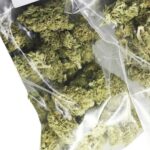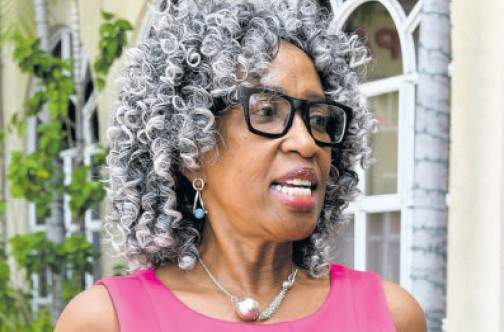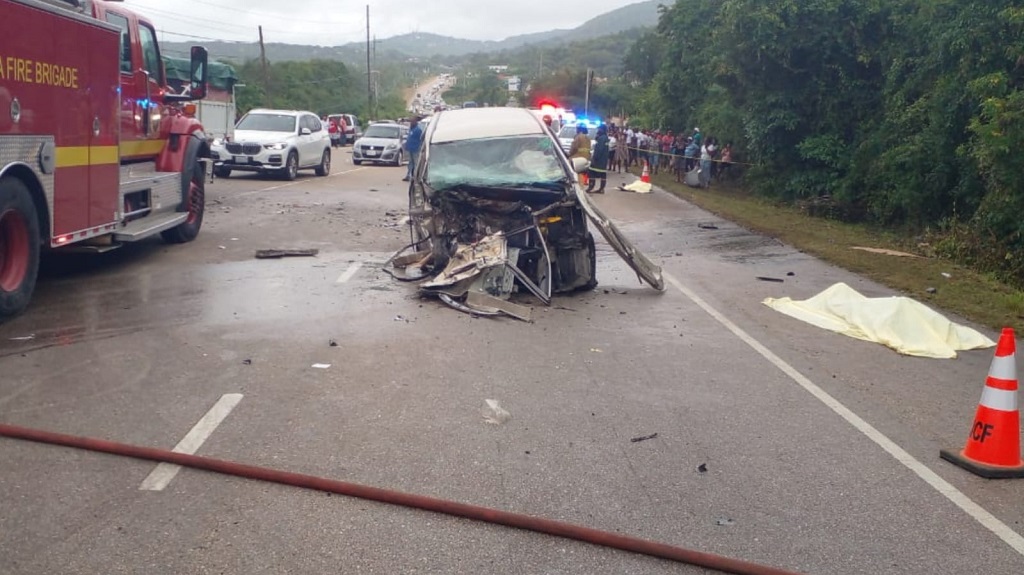Scores of Cubans with Jamaican heritage have applied for their Jamaican citizenship and could provide a pool of highly-trained personnel to provide temporary solutions to several shortages in the island’s labour force.
While a shortage of nurses, doctors, medical personnel and specialists teachers for some subjects is public knowledge, Jamaica is also short of personnel in several other technical areas and the island’s recently appointed ambassador to Cuba, attorney-at-law Kathryn Phipps, believes the Spanish-speaking neighbour could provide the answer.
“Some of them (Cuban/Jamaicans) have very specialised skills, especially in the areas of science and technology. They love Cuba, but they could help in what would essentially be the development of Jamaica. It is not that they want to run away and leave Cuba, because Cubans love Cuba, but they would contribute to what they consider their heritage,” said Phipps, who made the transition to diplomacy just over a year ago.
According to Phipps, there are second and third generation Jamaicans who live in Cuba and love that country but who still feel a deep connection to the birthplace of their parents and grandparents and would be willing to help in the development of the island.
“A lot of Jamaicans went to Cuba in the 1930s and they’re very proud of their heritage. Through the Jamaican mission in Cuba persons have been able to access their Certificates of Citizenship for Jamaica.
“I think we are now in the region of more than 2,000 persons in Cuba who are recognised as citizens of Jamaica and what you will find is that if somebody is recognised as a citizen, the next thing they want to do is pass it on to their children,” Phipps told the Jamaica Observer during an exclusive interview last week as she made a brief trip home.
“They recognise Cuba as their home but they’re also proud of their Jamaican heritage and you will find that a lot of them can tell you their family history, what parish they came from and when their families came to Cuba,” noted Phipps.
She underscored that most of these Cuban/Jamaicans are highly-skilled, well-trained and willing to pass on their knowledge.
“I mean, apart from teachers, nurses, doctors, you have people trained in neuroscience, in civil aviation, you name it, because school in Cuba is free and there is basically a school for every skill.”
Phipps told the Sunday Observer that the Barbadian ambassador to Cuba has already started reaching out to Cubans with connections to Barbados, and she is doing the same with the embassy facilitating the registration of Cuban/Jamaicans two days each week.
Phipps said once the person is registered with the embassy, a database is created with their level of training and their contact details which is shared with the Ministry of Foreign Affairs so local firms can, through the ministry, link with Cuban specialists who could help them.
“So I think there’s definitely an area there where we could harness some of those skills, obviously while going through the proper processes because even right now in Jamaica there are a lot of Cubans, who are living in Jamaica and working,” said Phipps as she pointed to the now established process of recruiting teachers, nurses, doctors and other medical personnel to work in Jamaica.
“But there are other areas, probably not as high profile as education and health, where I think they have a contribution to make,” declared Phipps.
She argued that a situation may develop where a local firm needs persons with specialised skill sets and Cuba, with its closest point is only 90 miles away from Jamaica, could be the quick solution.
“Transportation between Jamaica and Cuba is becoming a little easier with one airline now flying there and another one set to come on stream. So I think as a first step, it would be good to have a resource bank where Jamaican employers could look to in the event they need someone with specialised skills.
“When we in Jamaica need consultants, or specialist, we tend to look all the way across the Atlantic when maybe we have the resource so much closer in Cuba,” argued Phipps.










